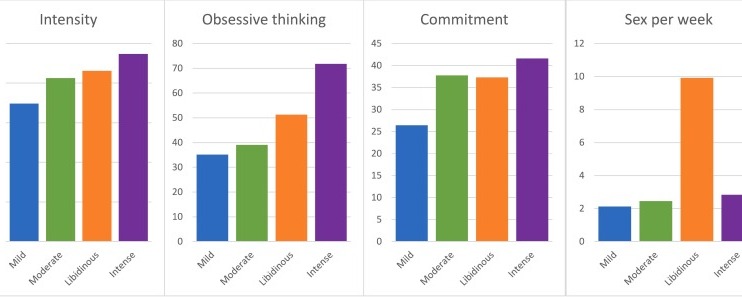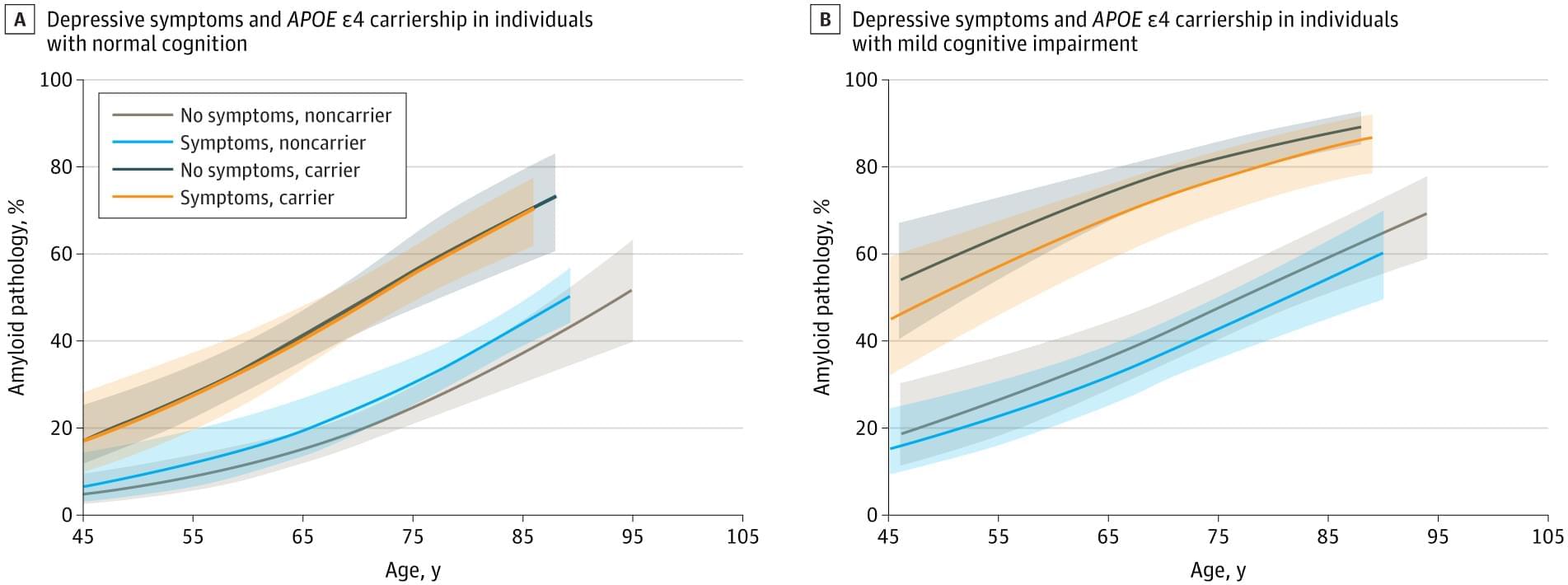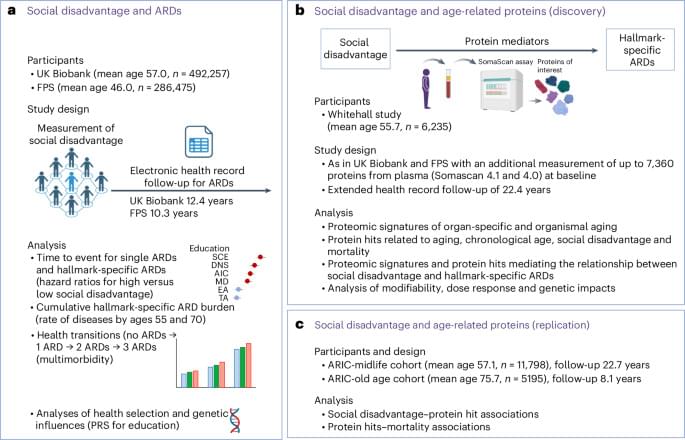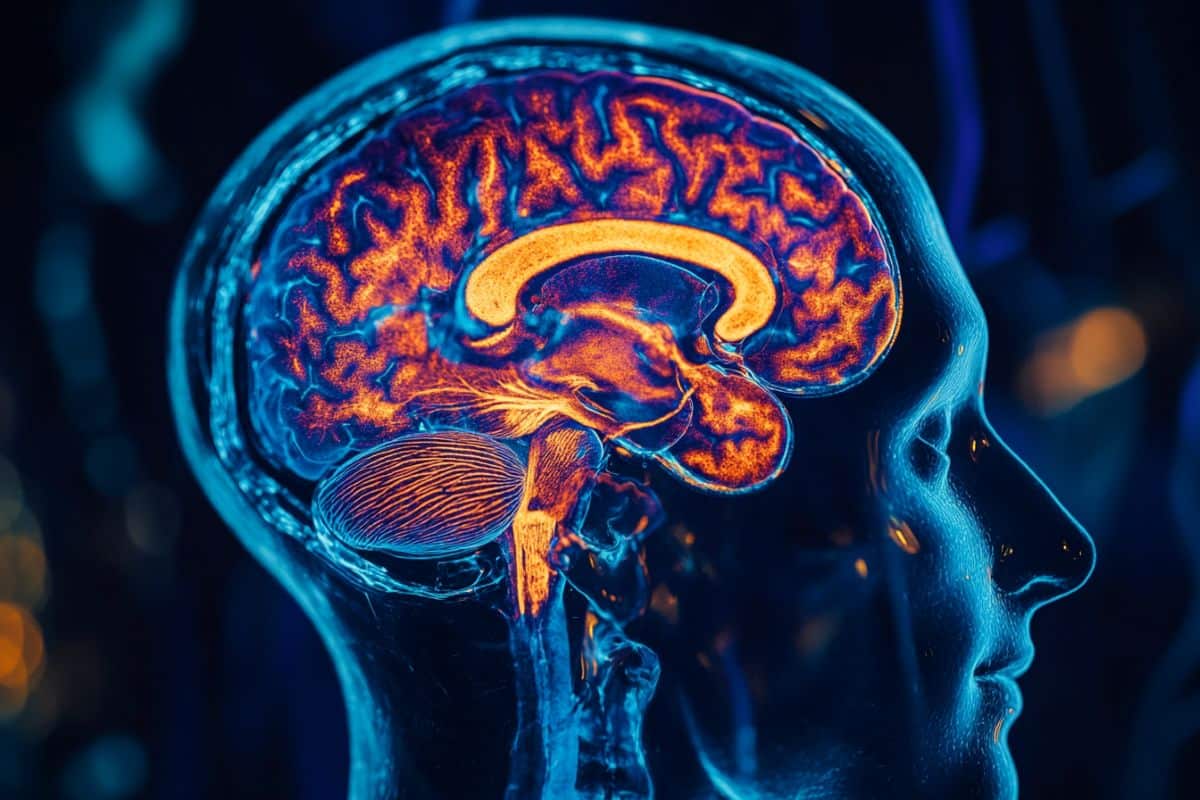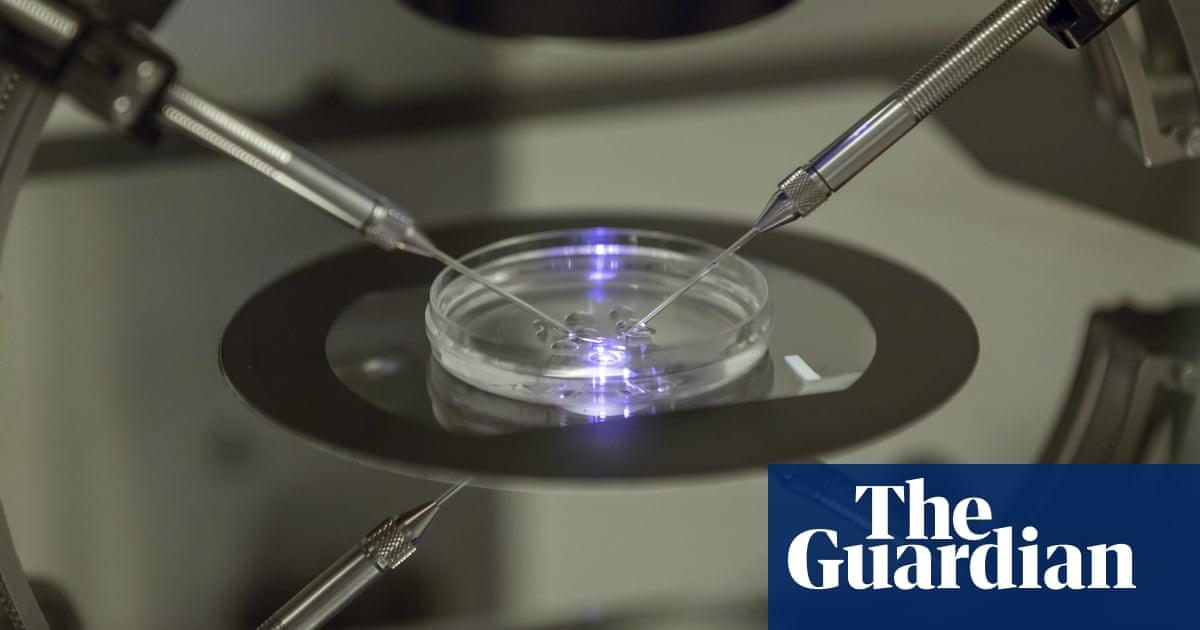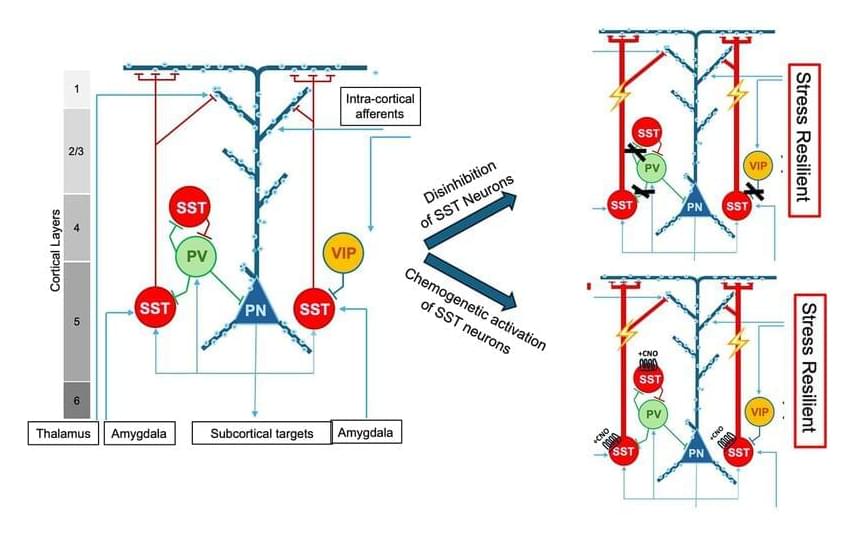Variation exists in the expression of romantic love, but to date, no studies have specifically investigated this phenomenon. This study employed a TwoStep cluster analysis to group 809 partnered young adults experiencing romantic love from the Romantic Love Survey 2022 according to intensity of romantic love, obsessive thinking, commitment, and frequency of sex per week. The results revealed four clusters: (i) mild romantic lovers (20.02%) characterized by the lowest intensity, lowest obsessive thinking, lowest commitment, and lowest frequency of sex; (ii) moderate romantic lovers (40.91%), characterized by relatively low intensity, relatively low obsessive thinking, relatively high commitment, and relatively moderate frequency of sex; (iii) libidinous romantic lovers (9.64%), characterized by relatively high intensity, relatively high obsessive thinking, relatively high commitment, and exceptionally high frequency of sex; and (iv) intense romantic lovers (29.42%), characterized by the highest intensity, highest obsessive thinking, highest commitment, and relatively high frequency of sex. Each cluster differs on a range of personal and relationship characteristics. The findings can generate theory and hypotheses about romantic love and provide impetus for future research.
